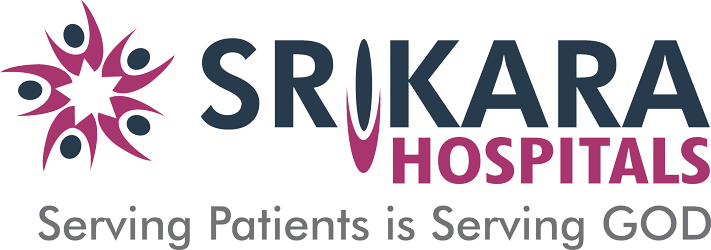Department of Occupational Medicine
Occupational Medicine is the branch of medicine that deals with the prevention and treatment of injuries and diseases occurring at the workplace in specific occupations.
Occupational Medicine (also known as “Occupational Health”) concentrates on the prevention and treatment of work-related injuries and illnesses.
The modern definition of Occupational Health is “the promotion and maintenance of the highest degree of physical, mental and social wellbeing of workers in all occupations – total health of all at work.”
Occupational medicine includes diagnosis, management, and prevention of disease that has been caused or exacerbated by workplace factors. It is concerned with all aspects of the effects of work on health and health on work.
Occupational Medicine Services
Srikara Hospitals launched Occupational medicine services with a motto to address the occupational medicine needs of people at work in different occupations. It is a multidisciplinary field concerned with the health and welfare of every individual at work.
Occupational Health centers
Our OHCs serve as a singular resource to ensure that each of the employees is at their best and completely fit for duty
Install and manage OHC with qualified medical officers and nursing assistants
Diagnosis and treatment of work-related injuries and illnesses
Walkthrough surveys to evaluate and identify the occupational risk factors and health hazards involved
Provide first aid services and maintain the emergency preparedness facilities.
Advice on preventive measures and recommendations for the management to ensure a better workplace environment.
Medical surveillance
Done to assess the capability of an employee to carry out the designated job and to identify any occupational diseases resulting from exposure at work at an early stage.
This includes
- Pre assignment medical evaluation
- Periodic medical evaluations
- Return to work medical evaluation
- End of service medical evaluation
- Work exposure-based medical evaluations
- Maintenance and analysis of Medical records
- Medical emergency response.
- Provision of ambulance services and quick hospitalization during emergencies
- Continuous Health education programs
- Periodic training on potential workplace hazards and risks involved
- First aid training and certification programs
- Health talks and awareness sessions by medical specialists
- Development of employee engagement programs for stress management
